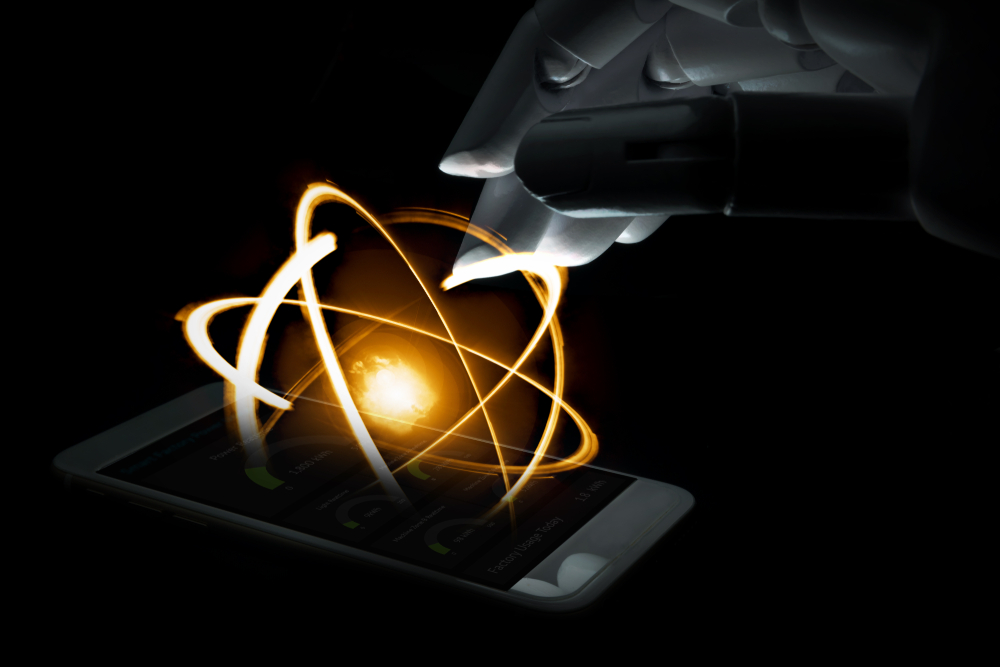
A new paper from the RAND Corporation warns that artificial intelligence (AI) has the potential to capsize the foundations of nuclear deterrence by 2040.
RAND researchers based the paper, titled “How Might Artificial Intelligence Affect the Risk of Nuclear War?,” on a series of workshops with experts in nuclear issues, AI research, AI policy, national security, and government branches.
According to the paper, AI could encourage humans to take greater risks related to nuclear security by eroding the condition of mutually assured destruction and undermining strategic stability. Sensor technologies, for example, could enable nations to target and destroy retaliatory forces such as submarine and mobile missiles.
Nations may, therefore, pursue first-strike capabilities to gain bargaining leverage even if they do not intend to carry out an attack, the researchers said. Adversaries, however, cannot be sure of that states with these capabilities will not use them, undermining strategic stability.
“Some experts fear that an increased reliance on artificial intelligence can lead to new types of catastrophic mistakes,” Andrew Lohn, co-author on the paper and associate engineer at RAND, said. “There may be pressure to use AI before it is technologically mature, or it may be susceptible to adversarial subversion. Therefore, maintaining strategic stability in coming decades may prove extremely difficult and all nuclear powers must participate in the cultivation of institutions to help limit nuclear risk.”
The paper also noted that, in other ways, AI could support strategic stability by improving the accuracy of intelligence collection and analysis. These enhanced capabilities could reduce the risk of miscalculation or misinterpretation, which could result in unintended escalation.
Given future improvements, according to researchers, AI systems may eventually develop capabilities that are less error-prone than their human alternatives and be stabilizing in the long term.




